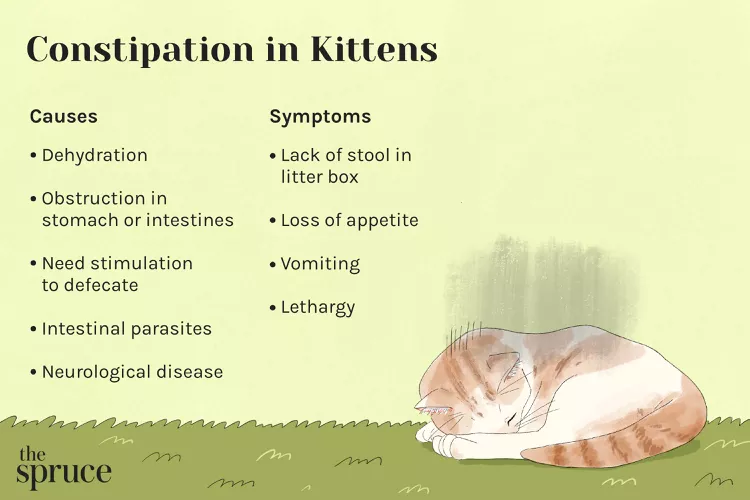
Kitten constipation may occur for several reasons. Kittens who cannot defecate are not only uncomfortable but are also at risk for serious problems if not treated. If your kitten is litter-trained, you may not even notice constipation until you realize you haven't seen any stool for a few days. Here's how to tell if your kitten is constipated and what to do about it.
The most common sign of kitten constipation is a lack of stool in the litter box. A constipated kitten may also show the following signs:
Kittens typically defecate at least once daily, but it's not unusual for them to occasionally skip a day. At first, a lack of feces in the litter box may not raise any red flags. But if your kitten has not produced any stool in two or more days, you should start monitoring for constipation (difficulty defecating) or obstipation (not producing any feces).
A constipated kitten may repeatedly visit the litter box, straining to pass stool and even crying out. Kittens may pass small, hard pieces of feces, which may be accompanied by stool-colored liquid, blood, and/or mucus. Pay attention to what you see in the litter box each day so you'll be able to tell if it looks abnormal.
Contact your veterinarian if you think your kitten may be constipated or if they're showing any signs of illness.
Kitten constipation may have several contributing causes.
Dehydration is a common cause of constipation in animals. This usually happens if a kitten does not have access to a water bowl and it only eats dry food, or during the weaning process when it's transitioning off of its mother's milk. The stools that it passes—if any are produced at all—will be small and very hard.
Kittens may eat non-food items that can block the stomachs or intestines, making them unable to defecate. This is common with curious kittens that eat things like strings, ribbons, floss, hair ties, and other household items that are small enough to fit in their mouths. The item may prevent food from passing or bind up the intestines so that the GI tract is unable to move things through the kitten's body. Hairballs can also cause a kitten to be unable to defecate.
Heavy intestinal parasite burdens can cause a kitten to become constipated. The worms may become so numerous in the intestines that they cause a blockage, keeping stool from passing.
Very young kittens that are not yet weaned need to be stimulated to defecate. Mother cats usually do this by licking the rectum of their kittens. If the mother cat fails to do this, a kitten is likely to get constipated unless a human is regularly wiping the kitten's rectum to stimulate it to pass stool. Young kittens may also become constipated when they are weaned and transitioned to solid food.
A kitten can be born with a birth defect or condition that prevents normal defecation. Neurological conditions and various other diseases may cause a kitten to be constipated or obstipated, but these are more common in older cats,
Your veterinarian will begin by discussing your kitten's history and performing a physical examination, which includes feeling the abdomen for impacted stool. The vet may recommend X-rays of the abdomen to visualize the intestines and definitively diagnose constipation or obstipation.
If your kitten's constipation has just begun and they're still eating, playing, and acting normally, you can try a few things before seeking veterinary assistance.
If you don't see stool in the litter box within a day, or if your kitten isn't active and eating, bring them to the veterinarian. They may need to do an enema to help your kitten poop on their own. In cases of severe constipation, the vet may need to sedate your kitten and manually remove the stool. Fluid therapy may also be necessary to restore hydration. This is typically done as an injection of fluids under the skin. Intravenous fluids and hospitalization may be needed for severe dehydration.
The best thing you can do to help prevent your kitten from becoming constipated is to make sure they stay hydrated. Full bowls of fresh water, cat water fountains, canned food, and water added to dry cat kibble can all help keep your kitten hydrated.
These tips can also help prevent kitten constipation:
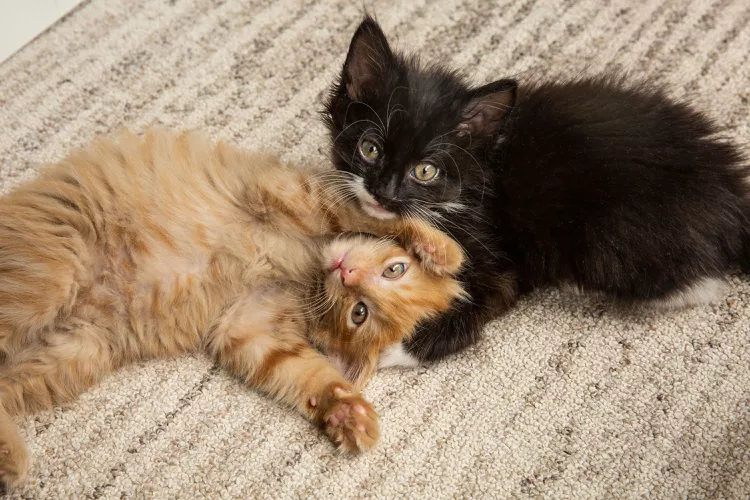
Why Two Kittens Are Better Than One
There are benefits of adopting two kittens, such as more feasible training and companionship between them.
Everything You Need to Know About Raising Your First Cat
Whether you are thinking about getting a cat or just adopted your first one, these are the things to know to make your relationship a lasting one.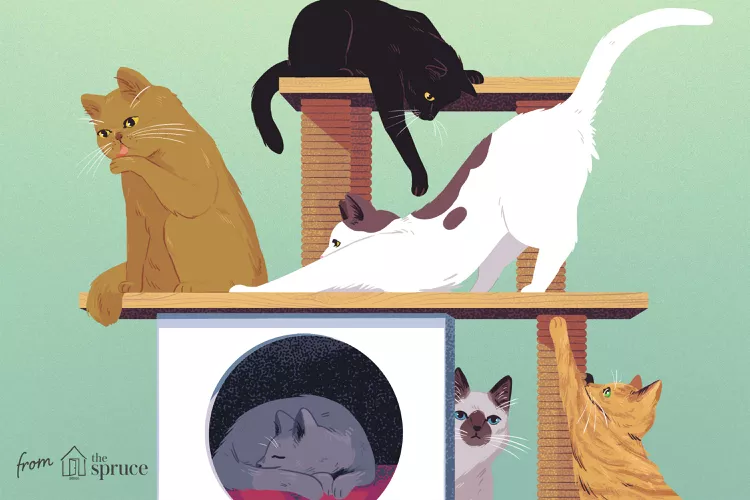
How Can I Tell the Sex of a Cat?
Telling male and female cats apart can be difficult for those who don't know what they're looking for. Here are helpful tips to discover their sex.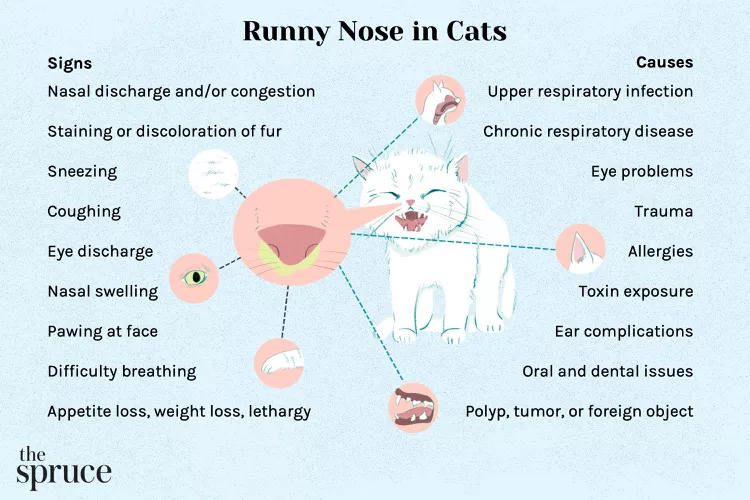
Runny Nose in Cats: Causes and Treatment
Cats get runny noses due to upper respiratory issues, but many conditions can cause this. Learn the causes of runny noses in cats and the associated signs. Find out how vets diagnose and treat cats with runny noses.
How Long Can You Safely Leave Canned Cat Food Out?
You cannot safely leave canned cat food out all day. Twenty to 30 minutes is the max, so give smaller portions and reheat food for later feedings.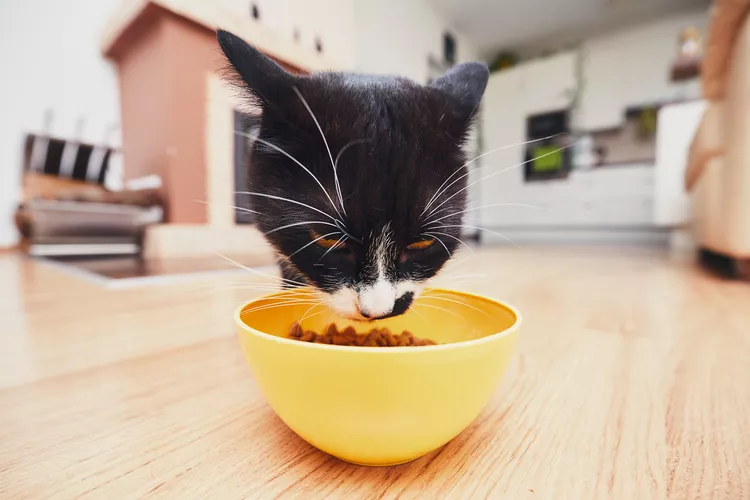
Meat Byproducts in Cat Food
Most cat experts recommend premium brands of cat food that avoid ingredients like byproducts and chicken meal. Learn what to look for on the label.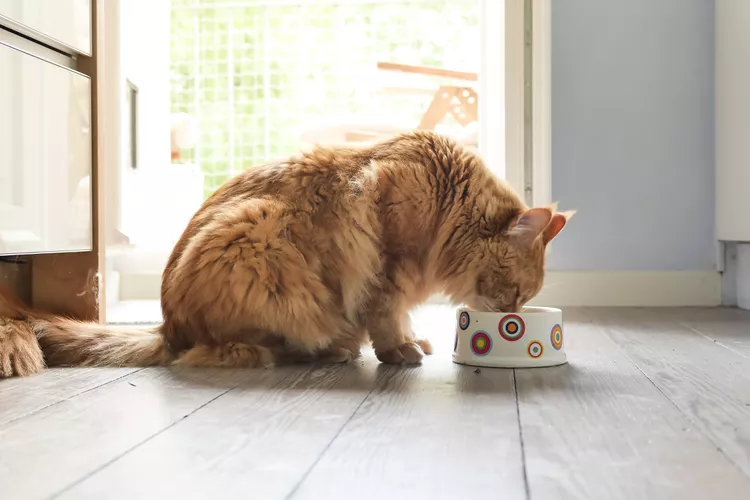
How Much Wet Food to Feed a Cat Every Day
The amount of wet food your cat needs depends on factors such as age, weight, body condition, and lifestyle. Learn how much wet food to feed your cat.
Taurine for Cats
Taurine is an essential animal protein in your cat's diet. Learn more about the various ways it supports your feline's body.
The Different Types of Pet-Friendly Workplaces
Discover the different types of pet-friendly workplaces and the benefits they offer employees. Learn how to create a pet-friendly workplace and the best practices for pet owners.
8 Halloween Safety Tips for Pets
The spooky holiday can be overstimulating and even dangerous for pets. Here's how to avoid the problems caused by toxic candy and incessant doorbells.
Why You Should Keep Cooked Bones Away From Your Dog This Holiday Season
People should be aware of the dangers of cooked bones, especially around the holidays when they might be more accessible to your pup.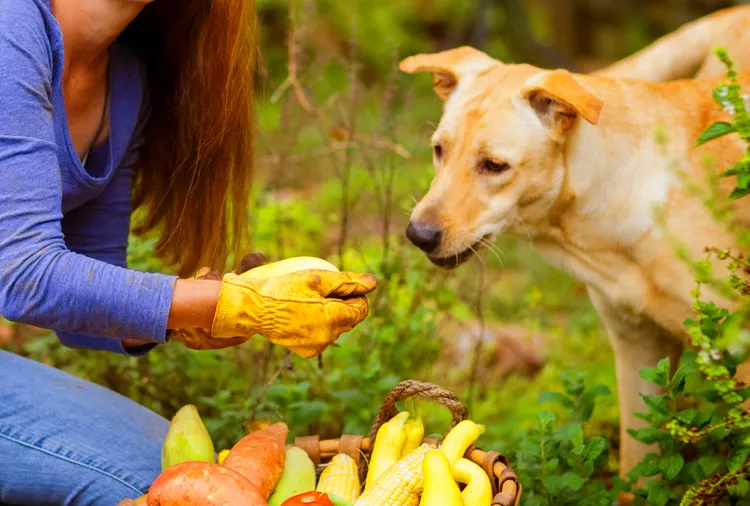
Can Dogs Eat Squash? Here's What a A Vet Thinks
Dogs can safely eat squash as long as it's prepared correctly. Find out how to properly feed this versatile fruit to your dog.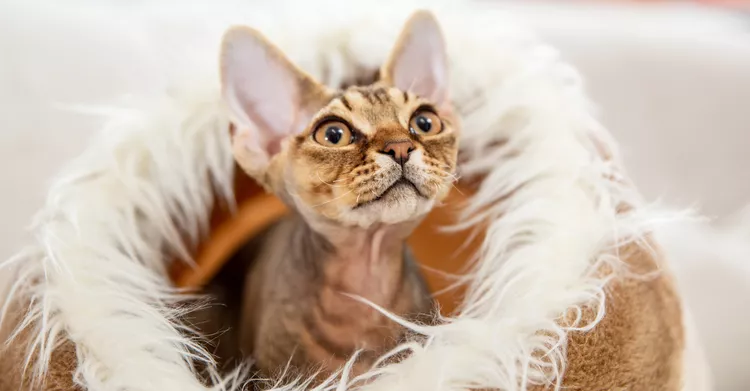
16 Small Cat Breeds That Are Petite Purring Machines
Small cat breeds like the Singapura and munchkin may be smaller than an average housecat, but they leave a giant imprint on your heart.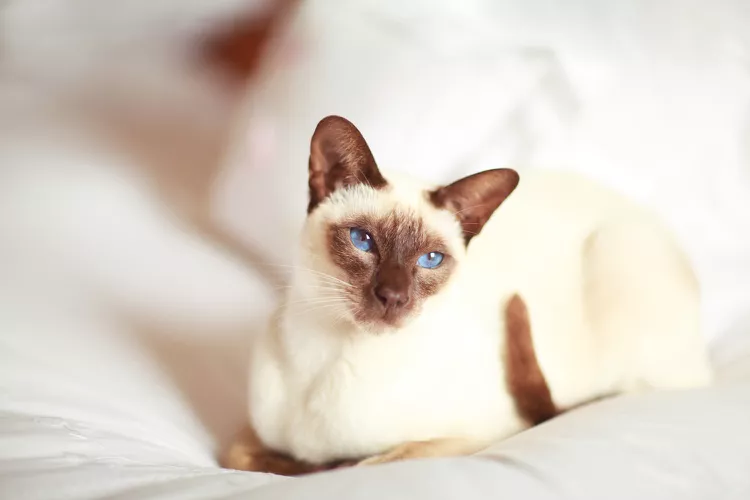
10 Best Cats With Big Ears
Cats with big ears often look extra endearing. Check out some common big-eared cats, including the Abyssinian, Devon Rex, Siamese, Sphynx, and more.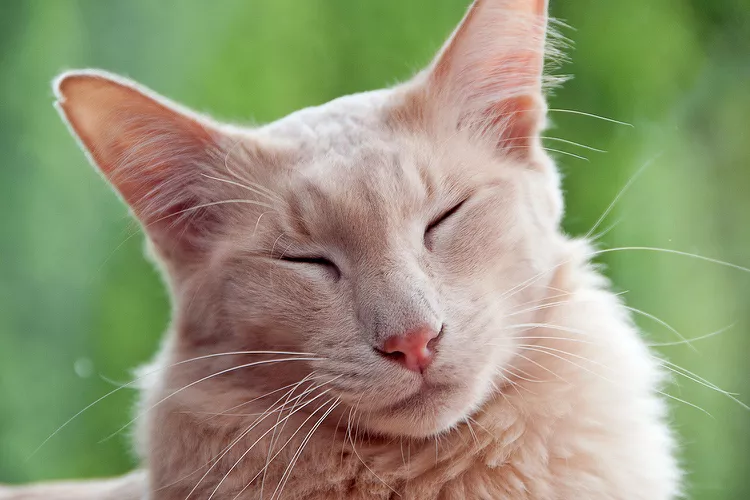
Javanese (Colorpoint Longhair): Cat Breed Profile, Characteristics & Care
The Javanese is a semi-longhaired, color-pointed cat of Siamese type. They are related to the Siamese, Colorpoint Shorthair, and Balinese breeds.
How to Stop Aggression in Dogs
Dog aggression can be a serious behavior issue for pet owners. Learn how to stop aggression in dogs before someone gets hurt.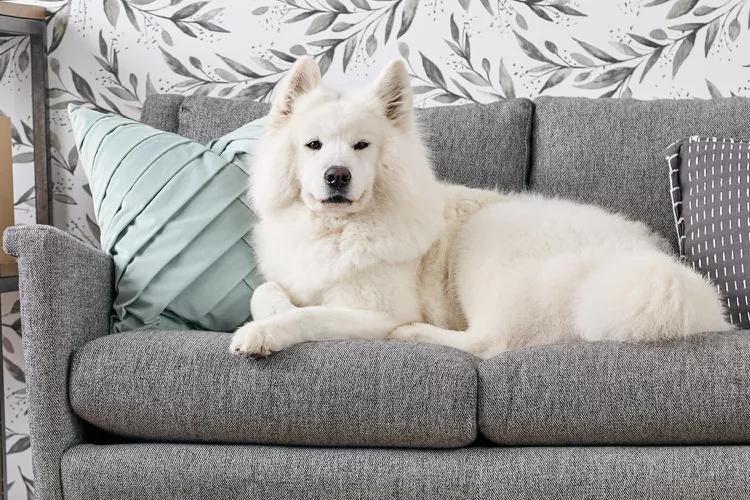
Should Dogs Be Allowed on Furniture?
Should you let your dog on the couch or in the bed with you? Are there any reasons we should not let dogs on the furniture? Here's what to know.
Why Do Dogs Eat Rocks?
One of the most common non-food items for dogs to eat are rocks. Here's what to know about why dogs eat them and how can you stop your dog from eating rocks.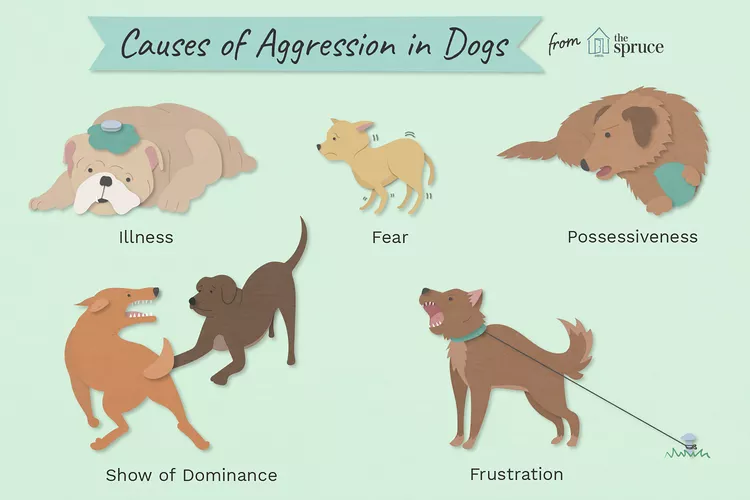
Why Dogs Get Aggressive and How to Stop It
Why is your dog biting you aggressively? Sometimes dogs can become aggressive with little warning. Find out what causes your dog to become aggressive so you can work with the behavior.
Thai Ridgeback: Dog Breed Characteristics & Care
Learn all about the Thai Ridgeback, a rare breed from Thailand. Find out how to care for the loyal dog and where to buy or adopt one.